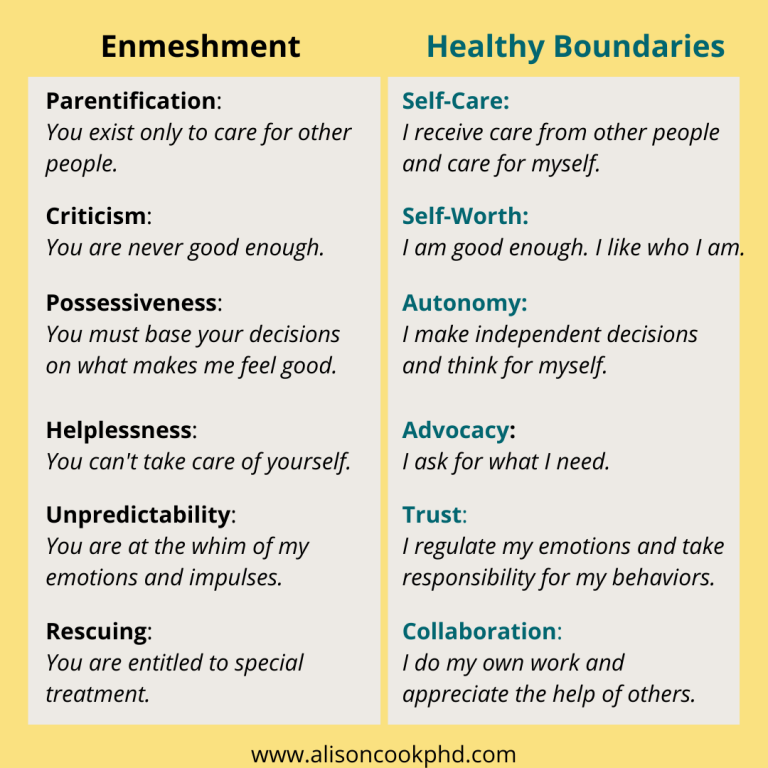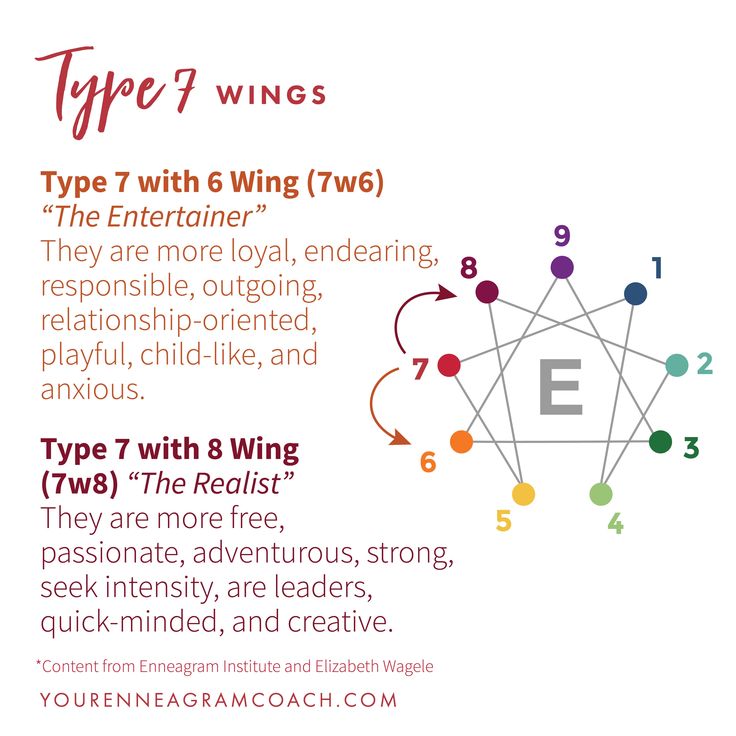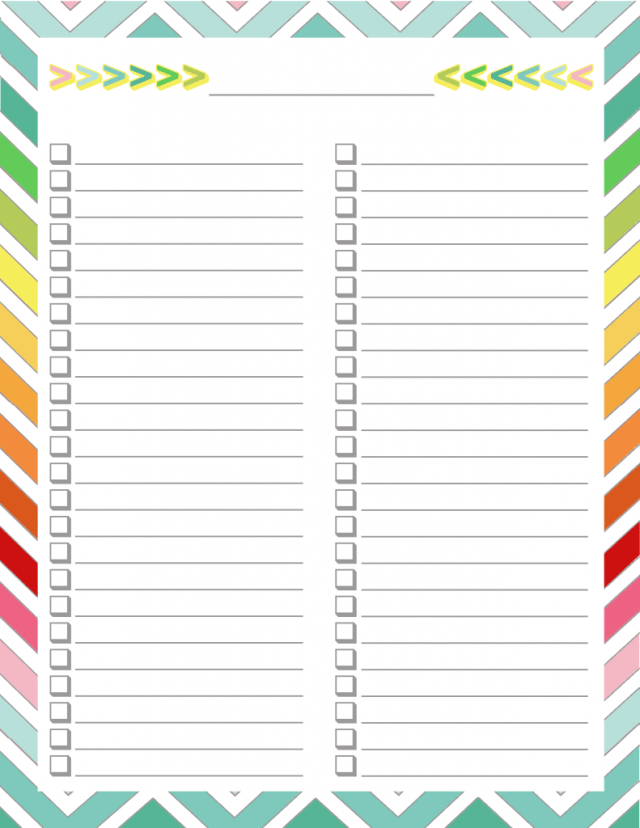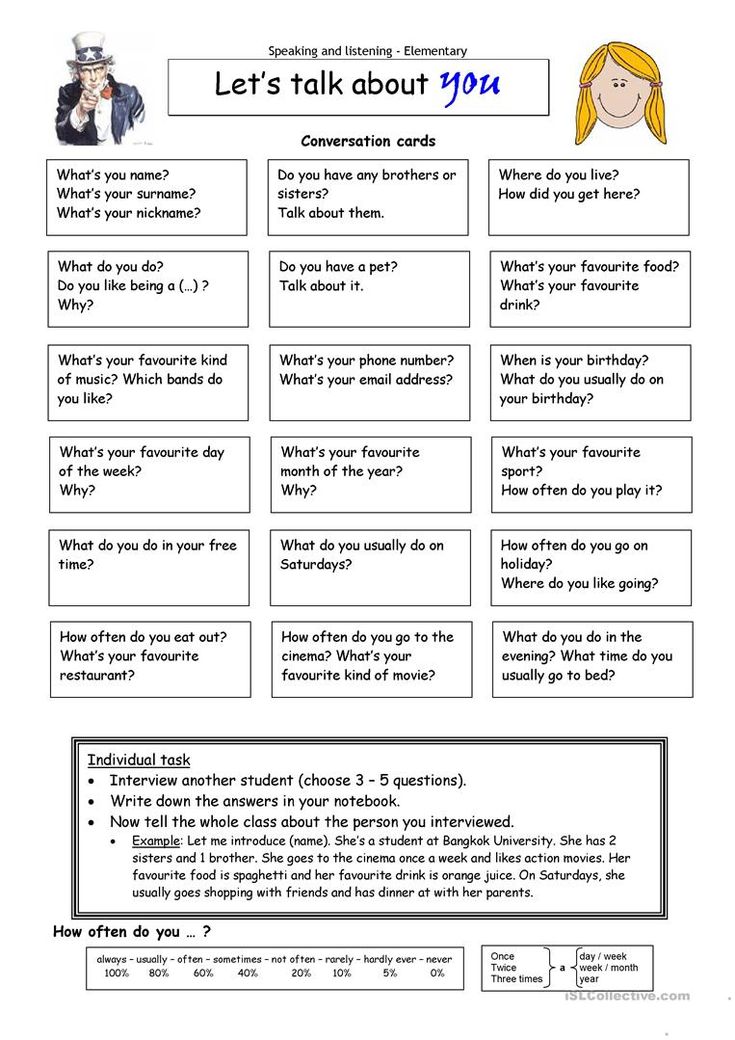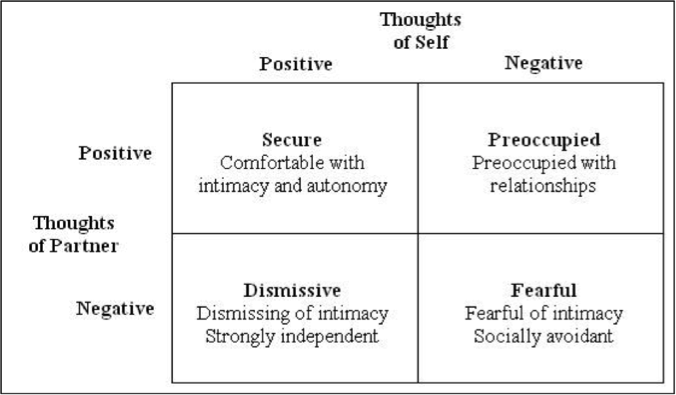Setting boundaries with friends when in a relationship
How to Handle Friendships While in a Relationship
Relationships come with challenges that don’t exist when you’re single.
One challenge that’s particularly difficult is learning how to handle your partner spending alone time with their friends. And, in turn, learning how to handle spending time with just your friends, too.
Maybe one of you hangs out too much with others at the expense of your connection together. Maybe you or your partner spend a lot of alone time with someone of the opposite sex.
There could be some jealousy. There could be some stress about what could potentially happen. There could be some questioning of, why do they want to hang out with that person so much?
But these challenges don’t have to be problematic. They only become an issue when one of you feels like your needs aren’t being met or you struggle to trust your partner. So before you or your partner get caught in a tailspin of wondering about each other’s motives, you have to talk.
Start by letting go of control
You first have to understand that you and your partner are different people. You can’t force them to be like you or be everything you want them to be. So you have to be willing to let go of the idea that you can control them.
Approach Women With Confidence
Get my free guide to meeting women anywhere. Learn how to overcome anxiety, always know what to say, and make attractive first impressions.
Let’s imagine your girlfriend is hanging out with a guy friend. If you’re like me 10 years ago, that conjures all sorts of horrific imagery. You imagine the worst and fear they’re going to become attracted to each other (if they aren’t already).
You want to fix the situation. You want to take control. You tell your girlfriend that you’re not comfortable with her seeing that guy and want her to stop.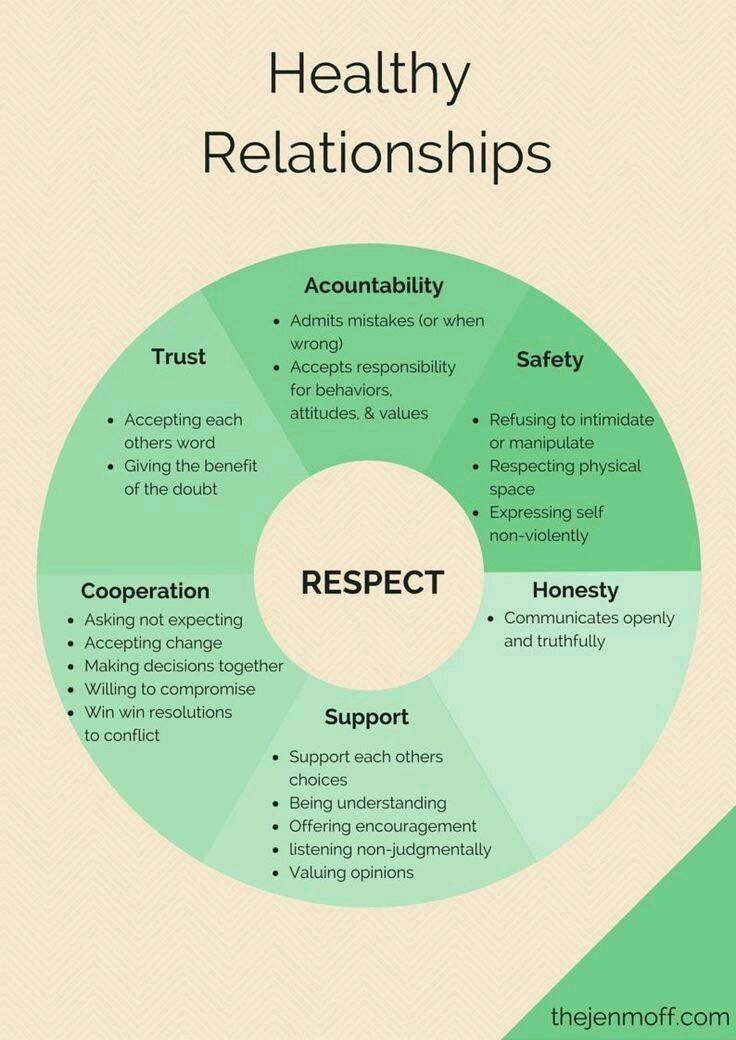
Usually, I’ve found that your girlfriend will listen. She cares about you and will sacrifice that connection to please you…for now
But eventually, your partner is going to miss that connection with her friend and with others. (It happened to me.) And there will come a point where her need for other connections outweighs appeasing your control.
She’ll start to feel frustrated, lonely, and trapped. She may resent you for forcing her to give up her friendships.
This will eventually cause her to pick a big fight or just see people behind your back. She needs her own friends. Some of them were around long before you. And the truth is, if she’s trying to cheat on you — she’ll find a way.
Being controlling is unhealthy and encourages your partner to rebel against you. In the end, it’s a wasted effort that causes MORE conflict and MORE long-term problems.
Instead, all you can do is express your boundaries, find a compromise that satisfies both of you, and see if your partner can respect that.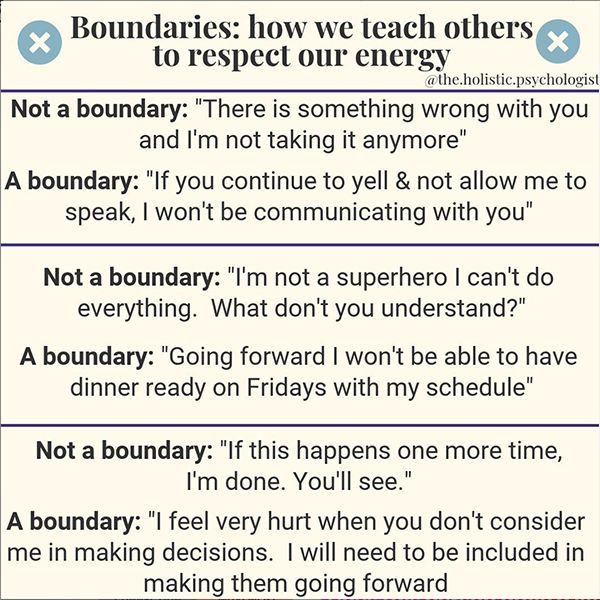
Figure out the ground rules and expectations
A lot of the time, insecurities in a relationship stem from the fact that neither of you communicated about what is and isn’t acceptable to you. You haven’t laid out your boundaries. You haven’t explained what constitutes cheating. You haven’t been honest about your limits.
You have to think through and eventually discuss your relationship expectations so you are both in the know. You need to figure out “the rules” because they’re different for every couple.
As far as friends go, though, I personally believe anyone should be able to hang out with friends of any gender. My wife has male co-workers that I personally know are good guys. I also know there’s nothing between them so I have no concerns.
From there, opinions may vary.
For example, you may feel it’s fine for your boyfriend to hang out with a female friend in a group setting or while doing an outside activity. But you may want to draw the line when he spends time alone at her house during the night. You’re worried she may get the wrong idea.
You’re worried she may get the wrong idea.
Physical cheating is an obvious no-no for most people. Anything more than a hug or a few kisses on the cheeks is generally too far. But again, check with your partner because you may have different expectations.
And what about dancing? Some people consider close dancing with someone else too intimate while other couples don’t mind.
Emotional cheating is where we enter more of a grey area. It’s fine to have deep talks with friends about life, fears, new endeavors in your career, etc. It gets more touchy when you’re constantly seeking emotional comfort and/or complaining about your relationship. Your partner should be the first one you go to instead of someone else.
Only when you and your partner both know the boundaries can you truly respect them.
Open up a dialogue
So now it’s time to have the talk. A productive discussion always starts from a place of acceptance and compassion.
Let’s pretend you’re concerned that your partner is spending too much time with their friends.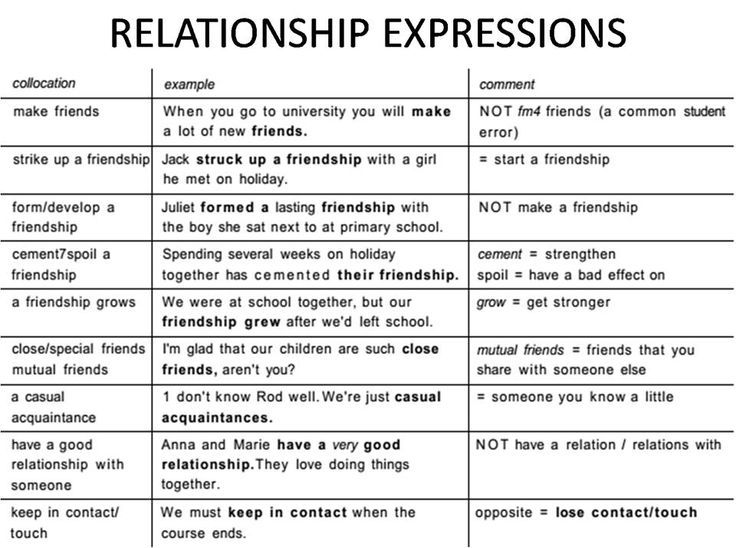
First of all, you have to accept it’s normal and healthy for them to see their friends. And it’s okay if they have to learn how to manage their time with all of the important people in their life, it can be tough throughout the course of a relationship.
Remember, you’re in a relationship for a reason – because you care about each other. So give them the benefit of the doubt and an opportunity to remedy the situation.
When speaking to your significant other, share your feelings in “I” statements rather than “You” accusations. It’s important to voice your concerns constructively without putting your partner on the defensive. You don’t want them to feel like you’re trying to be controlling or steal them away from their friends.
Remember that you’re not trying to “win” or make them feel bad. You’re trying to find the outcome that best satisfies both of you.
Reassure them that you’re happy they’re so close to their friends but you also want to spend more time with them.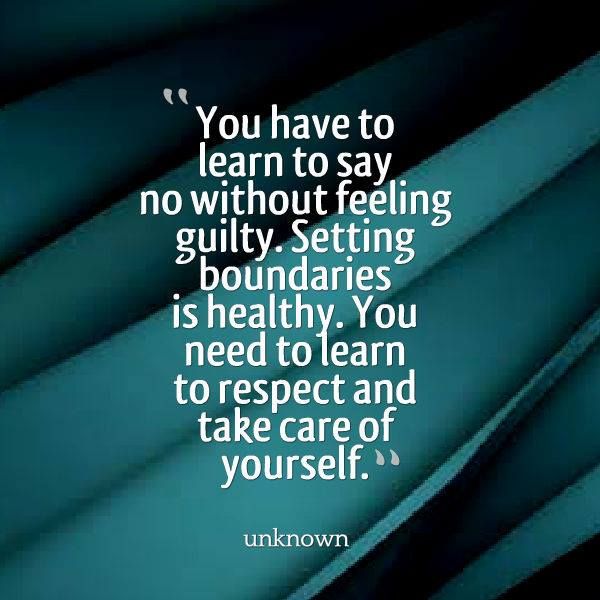 Tell them you want to work towards more of a social balance in the relationship. You just want to discuss expectations so there’s no miscommunication.
Tell them you want to work towards more of a social balance in the relationship. You just want to discuss expectations so there’s no miscommunication.
And when both of you DO hang out alone with other people, share those meaningful experiences. Let each other in. (Obviously, if you had personal moments or someone told you something in privacy — you don’t have to give that up.)
Getting defensive and leaving your partner in the dark encourages them to speculate and create stories in their own head.
When you let your partner into your social life (whether they are there or not) you build a deep level of trust. You show them you have nothing to hide and make them feel secure in your independence.
This conversation doesn’t happen only once, either. Open communication and sharing should be never ending in our relationships.
Along with these discussions, taking smart precautions can avoid unnecessary pain and conflict. Get ahead of these two common sources of conflict in couples…
Accept that all friends don’t have platonic intentionsHanging out with friends gets really complicated when someone outside the relationship has feelings for one of you.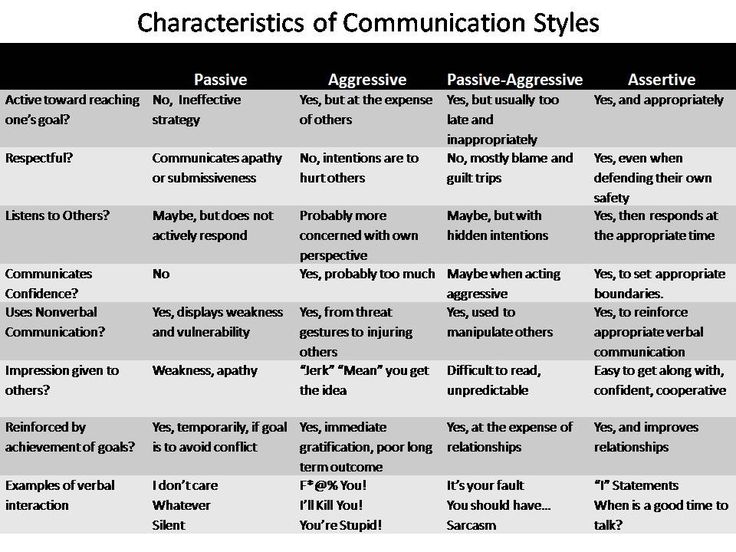 When you spend enough time with anyone, there’s a chance they’ll develop a romantic interest.
When you spend enough time with anyone, there’s a chance they’ll develop a romantic interest.
Women, you need to accept there is a HIGH chance that your male friends want to hook up with you. Or at least they would if given the opportunity. That’s just how it is. When they’re flirting with you, it’s not necessarily “harmless” and can often be their way of testing the waters.
That goes for you too, guys. You shouldn’t be grabbing drinks with your hot co-worker because she flirts with you. Even if you think it’s innocent.
The worst thing you can do is downplay these suspicions to your partner. You cannot possibly be sure that your friend has saint-like, completely pure intentions when spending time with you. And telling your partner not to worry about someone who’s showing interest in you is the opposite of reassuring.
Instead, remind them that if anyone tried to make a move, you’d politely tell them you’re unavailable. And if someone couldn’t respect your boundaries, you’d walk away from that friendship to protect your relationship. Then actually follow through if it happens.
Then actually follow through if it happens.
The purpose of a true friend isn’t to make you feel attractive or desirable. Keeping someone around because they give you that kind of attention is unhealthy.
You have to prioritize the love of your partner over the validation of others.
And reconsider why you’re spending time with an ex
If you’re fighting hard to hang with an ex, be critical of your motivations.
You and your partner should only be spending time with exes if everyone has genuinely moved on. But in order to figure that out, each of you has to dig in to your true feelings.
Ask yourselves honestly:
If you broke off the relationship because you were mistreated, disrespected, or cheated on…why would you want to be friends with that person? Are you trying to make them jealous?
If they’re the one who left you, are you just trying to keep them around to feel less rejected? Are you trying to get them interested in you again?
Would you ever hang out with your current partner and them together? If not, why is that?
What if your partner saw or knew the things you said and did with your ex.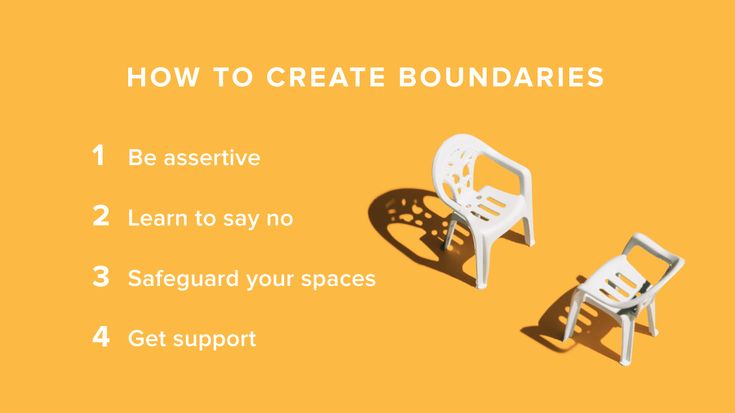 Would they be mad? Would you be scared to tell them?
Would they be mad? Would you be scared to tell them?
If your motive to hang out with your ex is really about friendship, then that’s perfectly fine — just give your partner a heads up.
—
When your significant other feels like you’re coming from that place of acceptance and compassion, they are most likely to hear you out. Give them a chance to work towards a compromise and they may just surprise you.
Setting Healthy Boundaries in Relationships
love & friendship
Whether you’re dealing with romantic partners, family, friends, or coworkers, maintaining healthy boundaries can help you strengthen relationships, avoid unhealthy connections, and improve your self-esteem and overall well-being.
What are healthy boundaries?
You might hear the word “boundaries” and imagine walls that separate you from other people. In a sense, that’s true. But boundaries aren’t necessarily a bad thing. In fact, they’re an important ingredient in healthy, balanced relationships.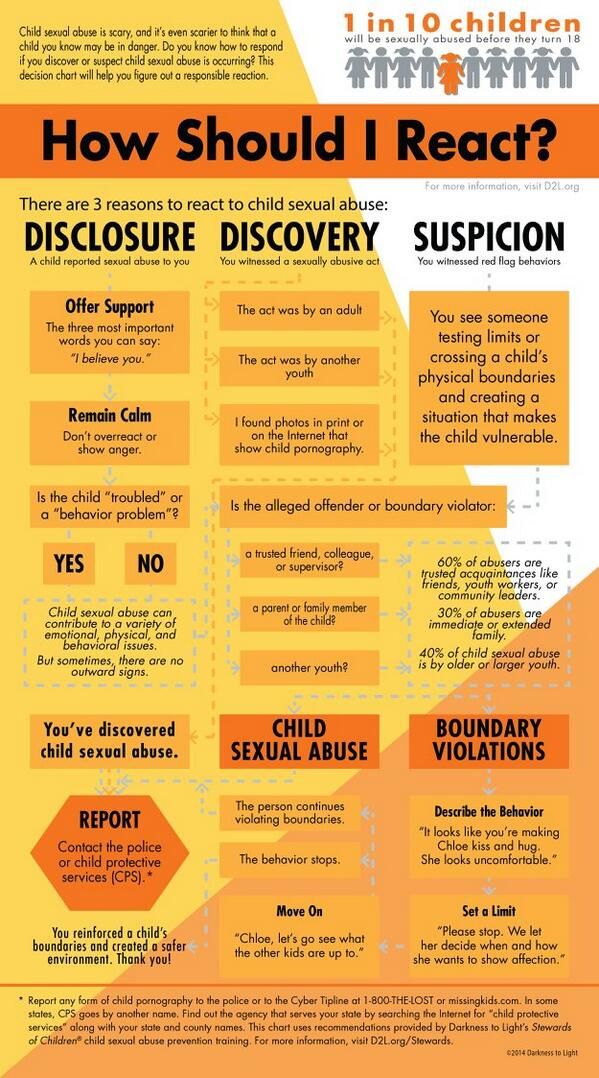 They're also a crucial part of maintaining your identity, mental health, and physical well-being.
They're also a crucial part of maintaining your identity, mental health, and physical well-being.
Boundaries can include restrictions on physical actions, such as asking a roommate or partner not to look through your phone or not to interrupt when you’re working from home. They can also be psychological, such as asking your spouse to accept that your goals and dreams may not always be the same as theirs.
Healthy boundaries serve to:
- Encourage autonomy and reduce codependent habits.
- Set expectations when interacting with others.
- Give you a sense of empowerment and self-respect.
- Ensure your physical and emotional comfort.
- Clarify individual responsibilities in a relationship.
- Separate your wants, needs, thoughts, and feelings from those of others.
Without healthy boundaries, your relationships can become toxic and unsatisfying and your well-being can suffer. You might feel taken advantage of if a friend keeps asking for money, for example, or feel overwhelmed by stress if you feel the need to solve all of your partner’s emotional problems.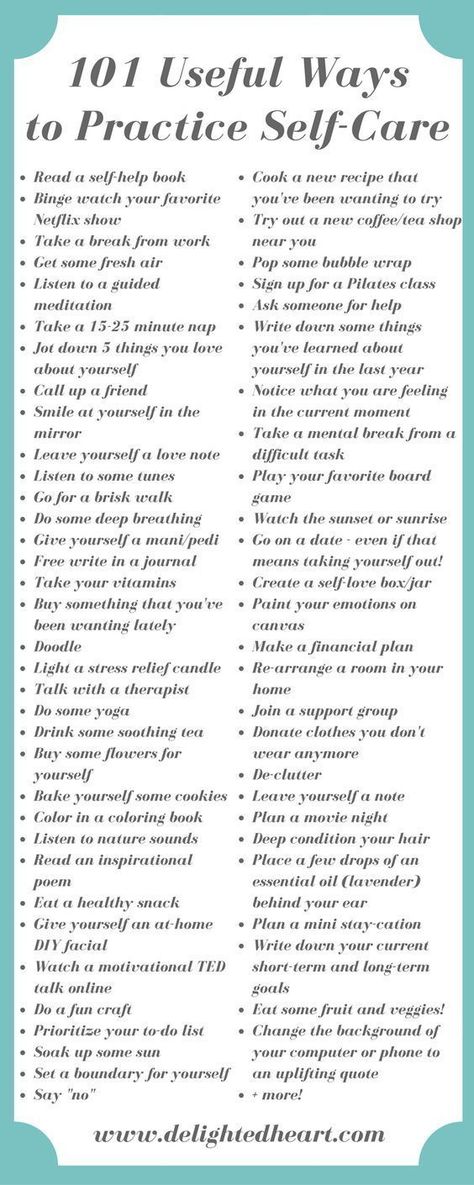 Or if a parent continually invades your privacy, you’ll likely feel resentful. Similarly, if you continually ignore another person’s boundaries, you risk making them feel uncomfortable and damaging the relationship.
Or if a parent continually invades your privacy, you’ll likely feel resentful. Similarly, if you continually ignore another person’s boundaries, you risk making them feel uncomfortable and damaging the relationship.
Boundaries aren’t just necessary in your personal relationships, though. They’re also needed in the workplace, where coworkers or managers might monopolize your time or disregard your needs. Unhealthy boundaries at work can also follow you home and reduce the quality of your personal life.
One study showed that when boundaries are blurred between personal life and work, people experience more emotional exhaustion and less happiness. On the other hand, setting boundaries, particularly when it comes to job duties, can lead to a greater sense of empowerment.
Learning how to set and maintain boundaries can change many aspects of your life, ranging from work to family relations to dating. It all starts with understanding the difference between healthy and unhealthy boundaries.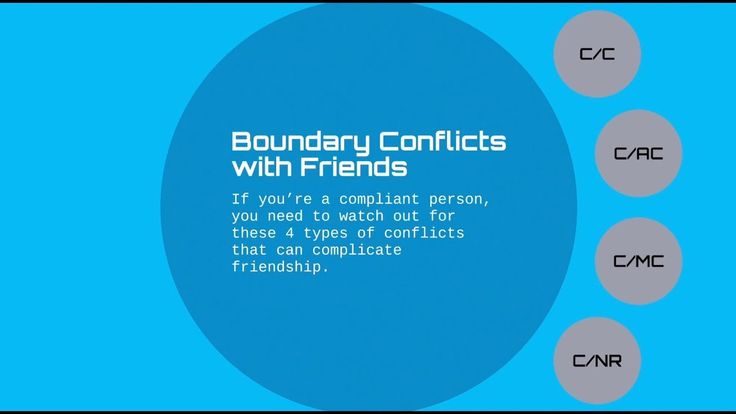
With over 25,000 licensed counselors, BetterHelp has a therapist that fits your needs. It's easy, affordable, and convenient.
GET 20% OFF
Online-Therapy.com is a complete toolbox of support, when you need it, on your schedule. It only takes a few minutes to sign up.
GET 20% OFF
Teen Counseling is an online therapy service for teens and young adults. Connect with your counselor by video, phone, or chat.
GET 20% OFF
Types of healthy boundaries
Personal boundaries can come in many forms. However, not every relationship requires you to address every type of boundary. For example, you might need to set physical restrictions with a coworker but not financial ones.
Physical boundaries help keep you comfortable and safe, not just when you’re dealing with strangers, but also when you’re interacting with those closest to you. For example, you might tell someone that you’d prefer handshakes instead of hugs. Or you could tell a friend that you need to take a rest during a lengthy bike ride.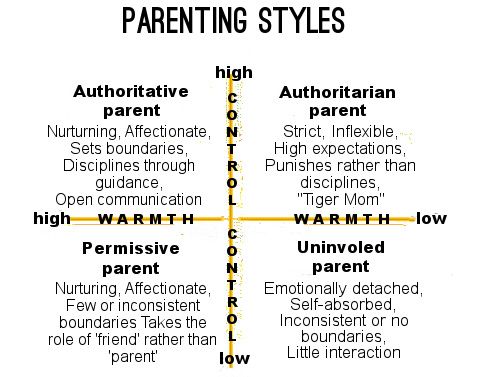 If a physical space belongs to you, you can set limitations around that as well. Perhaps you don't want someone to intrude in your bedroom or clutter your office with their items.
If a physical space belongs to you, you can set limitations around that as well. Perhaps you don't want someone to intrude in your bedroom or clutter your office with their items.
Sexual boundaries could involve anything from asking for consent before being physically intimate to checking in with your partner’s comfort level during sex. Even if you’ve been with your partner for years, you should make an ongoing habit of communicating your preferences. You might want to reassess limitations and expectations surrounding things like frequency of sex and contraception use.
Emotional boundaries ensure that others are respectful of your emotional well- being and internal comfort level. When setting an emotional boundary, you might say something like, “I don't want to talk about this subject while I'm at work because I need to focus.” You might also use these barriers to prevent yourself from feeling overwhelmed by other people’s feelings. For example, you can acknowledge you’re not responsible for how another person reacts to your decision to turn them down for a second date.
Material/financial boundaries extend to your belongings, such as money, clothing, car, or home. If you’re a charitable person, you might have a hard time saying “no” to people who want to borrow items. However, people may intentionally or unintentionally take advantage of your goodwill, and then you may notice your own resentment building. When setting a material restriction, you might say something like, “You can borrow my phone charger, but please put it back when you’re done” or “No, I can’t loan you money for new shoes.”
[Read: Coping with Financial Stress]
Time boundaries allow you to focus on your priorities at work and in your personal life without feeling crowded by other people’s needs and wants. Imagine that you’ve had a stressful work week and want to spend the weekend recuperating. You might decline a party invite or set a limit on how long you’ll be there. Other time-related restrictions could include asking a friend to avoid calling you during work hours or asking a partner to delay an important conversation until a more convenient time.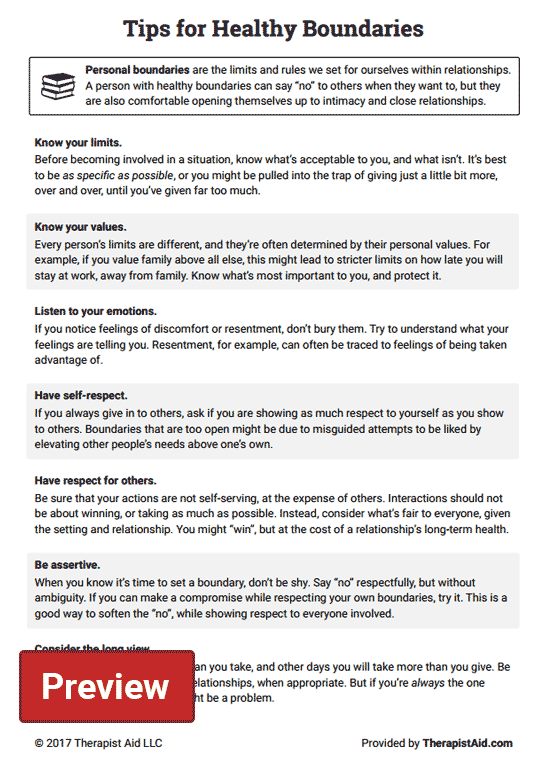
Shifting boundaries
Boundaries aren’t etched in stone. You’ll need to adjust them as circumstances change and relationships grow. This can be especially true in long-term relationships. Communication is important as you reevaluate and revise your boundaries. You want the other person to be clear on the change and the reason behind it.
| Examples of shifting boundaries | |
| Initial boundary | New boundary |
| You initially have loose financial boundaries with family members and help them pay bills when necessary. | You lost your job, so you decide to set tighter boundaries to protect your financial well-being. |
| You often agree to work extra weekend hours to help a coworker. | You cut back on hours so you can spend more time with your newborn. |
You allow a friend to vent their emotions to you daily. | The oversharing of information affects your mental health, so you set a limit on how often you talk about the subject. |
| You and your partner have sex multiple times a week. | Your sex drive changes, and you ask your partner if the two of you can focus on different forms of intimacy. |
| You allow your brother-in-law to temporarily use your garage for storage. | You need the space for your own needs, so you talk to him about relocating his items. |
Unhealthy boundaries
Unhealthy boundaries often tend to be either too rigid or too porous. Healthy ones fall somewhere between these two extremes.
- Rigid boundaries keep other people at a distance, even loved ones. Maybe you refuse to talk about your emotions with your partner or rarely set aside time to meet with friends.
- Porous or weak boundaries develop when you have a hard time saying “no” to others.
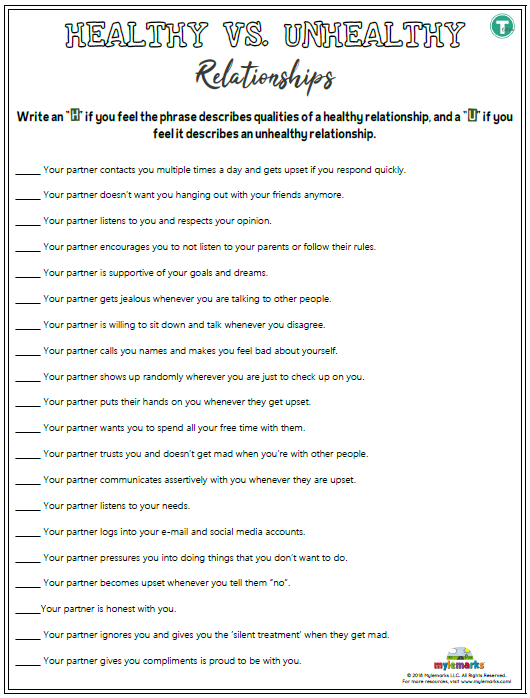 For example, you might be too willing to take on all the responsibilities in a relationship. Or maybe you tend to overshare when talking with strangers.
For example, you might be too willing to take on all the responsibilities in a relationship. Or maybe you tend to overshare when talking with strangers.
There are many reasons why people may consistently struggle with unhealthy boundaries, such as:
Desire for control. Some people use boundaries to manipulate others. For example, a person might use rigid boundaries to stonewall conversations, refusing to engage with you until you do what they want.
Fear of rejection. If you’re afraid of a romantic partner walking out of your life because of your flaws, you might hesitate to be emotionally open with them.
Lack of experience with setting limitations. If you grew up surrounded by people who set poor personal boundaries, managing proper ones can be a challenge. You might think that invading other people’s personal space is normal because your parents and siblings regularly did it to you.
Overly agreeable personality.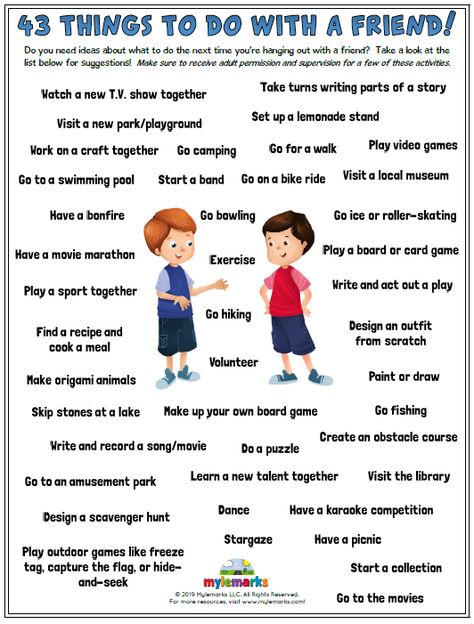 If you’re too eager to please other people, you might allow them to do things that make you uncomfortable. Maybe you regularly overcommit to activities or agree to help people because you simply want to be loved and accepted.
If you’re too eager to please other people, you might allow them to do things that make you uncomfortable. Maybe you regularly overcommit to activities or agree to help people because you simply want to be loved and accepted.
Low self-esteem. You might feel as if your needs and wants aren’t worth vocalizing, or that you don’t have an identity of your own. Instead, you prioritize what other people want. As a result, people fail to recognize your discomfort.
Boundaries and enabling behavior
When someone you love is dealing with addiction, you may need to shift your boundaries to avoid enabling their behavior. Enabling is when you shield someone from the consequences of their actions. For example, you might want to offer to pay their legal bills for a DUI or lie to other people to cover up evidence of a gambling or drug addiction. These kinds of actions may seem helpful in the moment, but you’re actually preventing your loved one from learning from their mistakes.
[Read: Helping Someone with a Drug Addiction]
Enabling isn’t limited to situations that involve addiction. It can happen in other mental health issues. For example, if your loved has social anxiety disorder, you may try to shield them from uncomfortable interactions by speaking up for them in pubic. The result is that they continue to rely on you instead of addressing the issue on their own.
How to set and maintain boundaries
While it’s usually best to start setting boundaries early on in a relationship, establishing healthy rules and limitations can help strengthen a relationship at any stage.
In many cases, you may not even realize a certain restriction is needed until you get to know each other more. For example, it might take you some time to realize that a coworker is regularly distracting you while on the job or that a romantic interest seems too controlling.
The following tips can help you establish boundaries if you are experiencing trouble communicating or connecting with a person in your life.
Setting boundaries tip 1: Know what you want in a relationship
Whether the relationship is romantic or platonic, it’s hard to have your needs met if you don’t know what they are. Reflecting on your values and beliefs is a good place to start.
Ask yourself questions like:
- What traits do I like to see in other relationships?
- What behaviors bother me?
- What qualities do I admire in others?
- What material items matter the most to me and why?
- How do I like to spend my time?
- What makes me feel fulfilled?
By gaining a more thorough understanding of yourself, you can begin to imagine the types of boundaries you need. If you know that you value independence, you’ll likely want to set financial rules between you and a partner. If you value high productivity or privacy, you might set physical boundaries with coworkers who tend to wander into your workspace.
Assessing how you feel with someone
Thinking about how others make you feel can also help you identify necessary boundaries.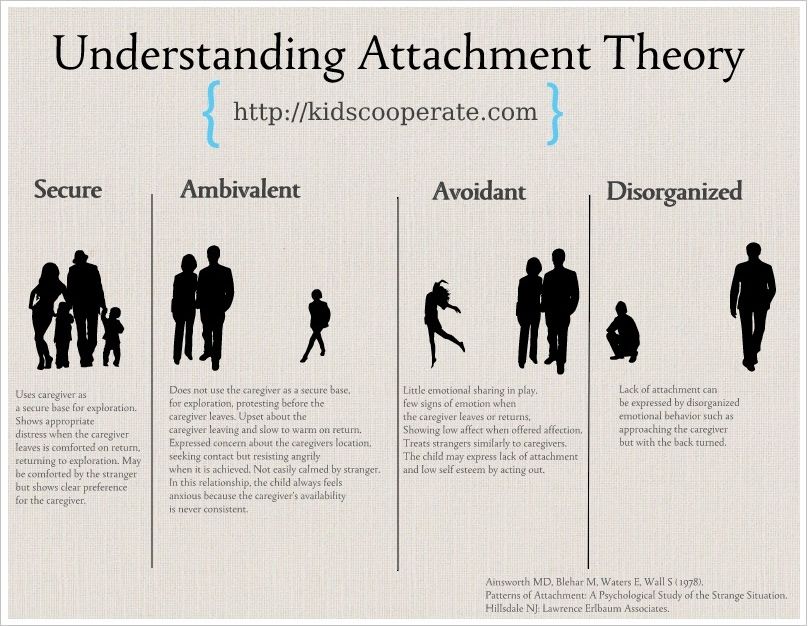 After interacting with other people, reflect on your feelings by asking yourself questions.
After interacting with other people, reflect on your feelings by asking yourself questions.
- Did the other person make jokes or comments that made you feel disrespected?
- Did they do anything that made you physically uncomfortable or unsafe, such as raise their voice in anger?
- Did you feel pressured to do things that didn’t match your values?
- Did you feel overwhelmed by the person’s requests or expectations of
you? - Did you feel as if they were infringing on your sense of control or
infantilizing you?
A moment of reflection can help you decide whether you need to set limitations with the person in the future.
Tip 2: Talk to the person about your needs
Knowing how to effectively communicate your needs to others is important. Rushed conversations, poor wording, and vague requests can make it harder for loved ones to understand and respect your ground rules.
Consider timing. The best time to set a boundary with your partner is when you both feel relaxed and can focus on the conversation. If you’re mid-argument, try cooling down and circling back to the conversation once you’re both calm.
If you’re mid-argument, try cooling down and circling back to the conversation once you’re both calm.
Be prepared. Nervous about discussing your needs? Write your points down before the discussion so that you can speak clearly about your needs.
Consider the delivery. Try to use “I” statements to convey how you feel. Avoid “you” statements, which can seem accusatory. For example, say, “I felt overwhelmed with the amount of work I had to take care of while you were away.” Expressing your emotions is a great way to start laying the groundwork for a relationship boundary.
Be clear. A vague request, such as, “I’d like more personal space” may get the message across, but it’s better to be as clear as possible to avoid confusing the other person. Try, “I feel disrespected and uncomfortable when you come into my room unannounced. Please knock before entering.” A calm but firm tone lets the other person know you’re being serious but not disrespectful.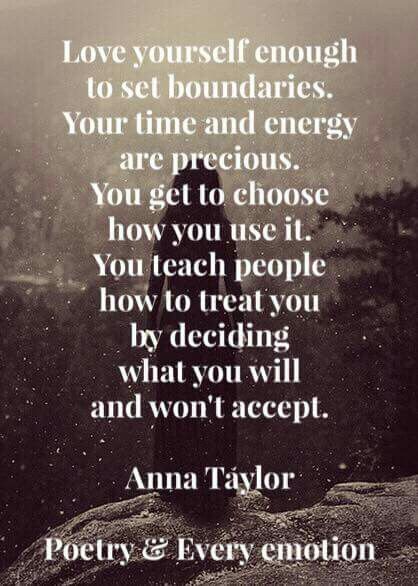
[Read: Effective Communication]
Address feedback. Depending on the boundary, your partner may have questions for you. Know that you don’t need to justify your needs or explain yourself, but doing so may help the other person understand where you’re coming from. You might even ask follow-up questions to ensure the right message was conveyed.
Feedback in romantic relationships
In romantic relationships, it’s especially important to ask your partner how they feel about a request, rather than guessing. Ask if it seems unfair or unusual to them. Or ask whether it conflicts with something they need or want.
Each of you has your own thoughts and feelings, and each person is responsible for putting these sentiments into words in order to be understood.
Let others take responsibility for their emotions. We often feel naturally inclined to care about how other people feel and react to our words and actions. However, you shouldn’t feel responsible for how the other person reacts to the boundary.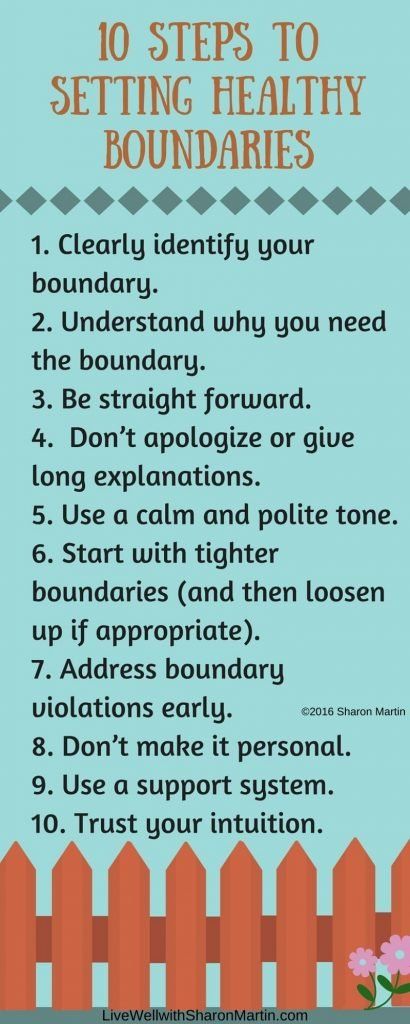 For example, they might be upset that you’re asking for more “me time.” This could lead you to feel guilty or selfish. Remind yourself why you’re setting the restriction in the first place: You want some time alone to pursue your separate hobbies and avoid feeling emotionally crowded. Don’t feel you have to disregard your own needs.
For example, they might be upset that you’re asking for more “me time.” This could lead you to feel guilty or selfish. Remind yourself why you’re setting the restriction in the first place: You want some time alone to pursue your separate hobbies and avoid feeling emotionally crowded. Don’t feel you have to disregard your own needs.
Tip 3: Enforce boundaries
Not everyone in your life is going to respect your boundaries all of the time. A partner might accidentally cross one or difficult family members might do so intentionally.
Restate your needs. It’s possible that the other person didn’t understand your original request or simply forgot it. Be calm, firm, and clear about what you need.
Have clear and reasonable consequences for crossing a boundary. If someone has a habit of talking over you, for example, you could say, “I feel disrespected when you talk over me. If you do that again, I'll have to end the conversation.”
Only state consequences that you’re willing to enforce.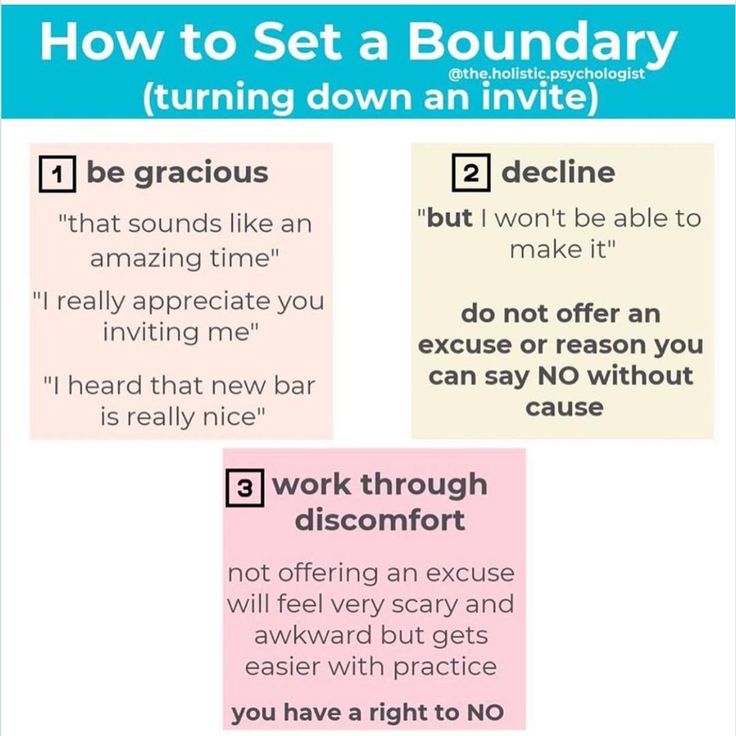 If you aren’t willing to follow through on a consequence, the other person will feel empowered to overstep your boundaries in the future. For example, if you tell your partner that you’ll take a break from the relationship if they keep lying to you, it’s important to actually follow through on that.
If you aren’t willing to follow through on a consequence, the other person will feel empowered to overstep your boundaries in the future. For example, if you tell your partner that you’ll take a break from the relationship if they keep lying to you, it’s important to actually follow through on that.
How to respond when someone else sets a boundary
You’re not the only one who can set boundaries. When someone voices a restriction, you might feel a sense of shame or frustration. Perhaps you feel like you’re being reprimanded or “put in your place.”
You may notice some negative emotions rushing to the surface as you try to immediately defend your actions. Keep in mind that you are not losing anything but gaining knowledge of what makes the person in your life feel safe and happy.
Take time to breathe and listen. If you’re feeling upset, deep, slow breathing can calm your nervous system’s “fight or flight” response. This makes it easier for you to receive information rather than prepare for an argument.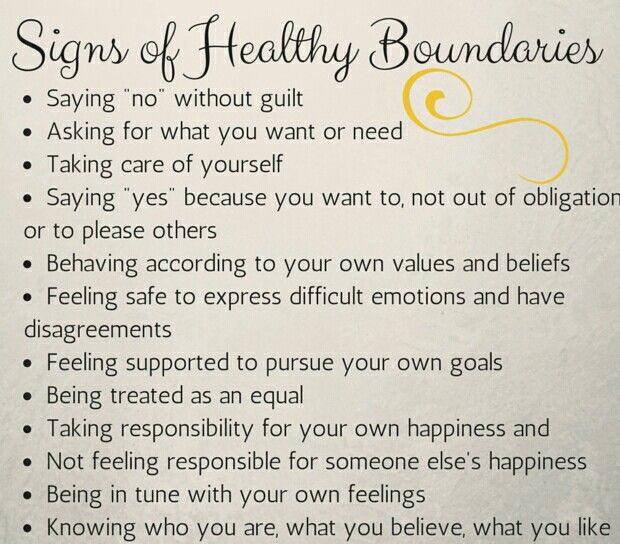
[Read:Quick Stress Relief]
Accept that the person setting the boundary knows what is best for them. If something truly doesn’t work for you, communicate your needs so that you can both reach a compromise.
Remember that you both have your own way of processing and feeling emotions. Try not to assume what your partner needs before they say it out loud. Allow them space to voice their needs and wants.
Apologize when necessary. You’re only human, and we all make mistakes. Maybe you accidentally overstepped a boundary by making an offensive joke or oversharing when you’ve been asked not to. When someone reiterates the boundary, be humble enough to apologize for your mistake. Ask for clarity if you feel you need it.
By learning to accept and acknowledge other people’s boundaries, you can start to think about how you can improve your own connections with others. Ultimately, effective boundaries can leave you both feeling empowered and result in a healthier, more satisfying relationship.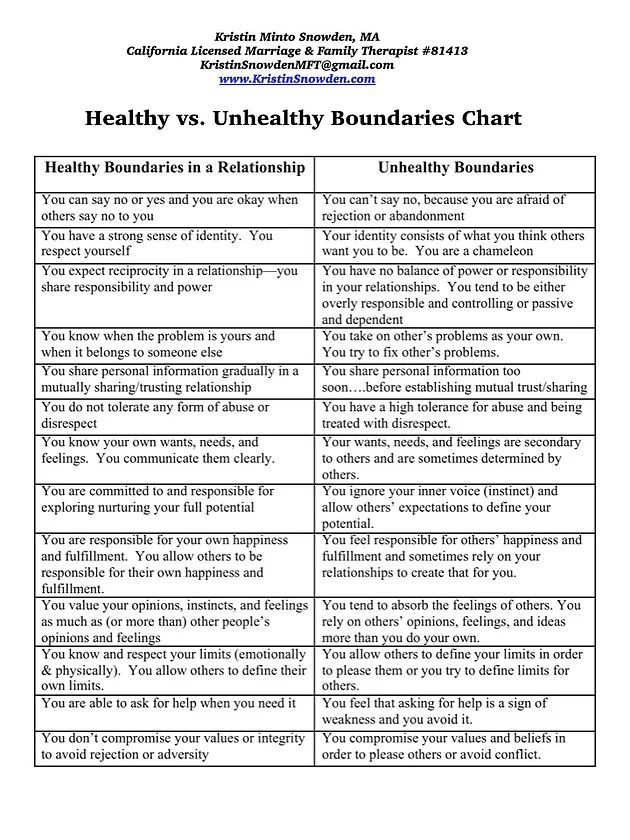
Author: Sheldon Reid.
- References
7 Tips to Create Healthy Boundaries with Others | Psychology Today. (n.d.). Retrieved June 5, 2022, from https://www.psychologytoday.com/us/blog/in-flux/201511/7-tips-create-healthy-boundaries-others
Boundaries: What are they and how to create them | Wellness Center | University of Illinois Chicago. (n.d.). Retrieved June 5, 2022, from https://wellnesscenter.uic.edu/news-stories/boundaries-what-are-they-and-how-to-create-them/
Hornung, S. (2019). Crafting Task and Cognitive Job Boundaries to Enhance Self- Determination, Impact, Meaning and Competence at Work. Behavioral Sciences, 9(12), 136. https://doi.org/10.3390/bs9120136
Pluut, H., & Wonders, J. (2020). Not Able to Lead a Healthy Life When You Need It the Most: Dual Role of Lifestyle Behaviors in the Association of Blurred Work-Life Boundaries With Well- Being.
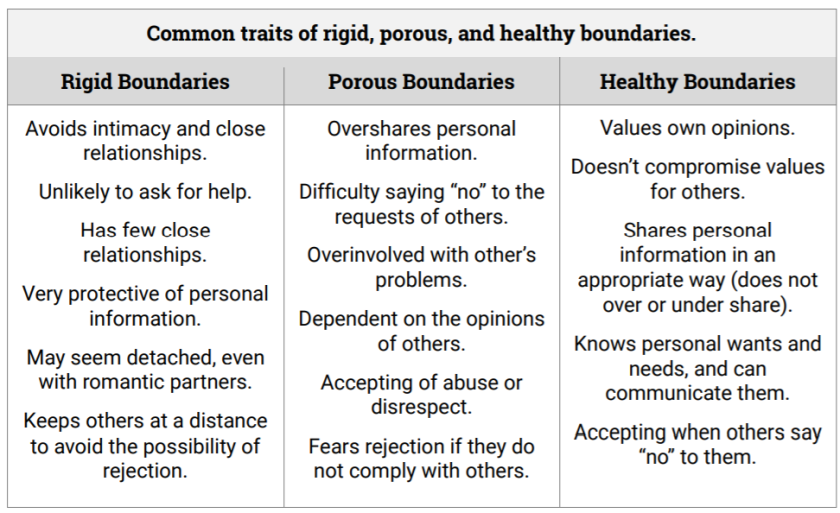 Frontiers in Psychology, 11, 607294. https://doi.org/10.3389/fpsyg.2020.607294
Frontiers in Psychology, 11, 607294. https://doi.org/10.3389/fpsyg.2020.607294When boundaries are crossed—MSU Extension. (n.d.). Retrieved June 5, 2022, from https://www.canr.msu.edu/news/when_boundaries_are_crossed
Boundary Setting Worksheet – Practice crafting “I” statements and other elements of boundary setting. (University of Arkansas)
Boundary Worksheet – Worksheet to practice setting boundaries in different situations. (Pittsburgh Essential Speakers)
Four steps to setting healthy boundaries in your relationship – Tips for setting and maintaining boundaries. (Relate)
Last updated: December 6, 2022
I'm in the house: how to set boundaries correctly
Personal boundaries are a line that runs between individuals, the people around them and larger social systems. They are needed so that we can clearly feel: where I am, and where I am not; where are my own emotions, actions, beliefs and thoughts, and where are others. And if these emotions and thoughts are mine, then I am responsible for them and control them. Borders also protect our inner world from outside encroachment.
And if these emotions and thoughts are mine, then I am responsible for them and control them. Borders also protect our inner world from outside encroachment.
Finished reading here nine0003
They may look like a five-meter stone fence with barbed wire and machine gunners on the towers. Or they may be absent altogether - all the doors will be wide open. Boundaries can change depending on the context and environment, become solid for some people and completely blurred for others.
Personal boundaries can be opened for "import", when we gladly accept other people's help, resources, time, money, etc., or for "export" - our own resources. We usually import what we especially need, and we export either what we have in abundance, or what we hope to get a good price for. nine0003
Boundaries are needed to mark two important issues:
1.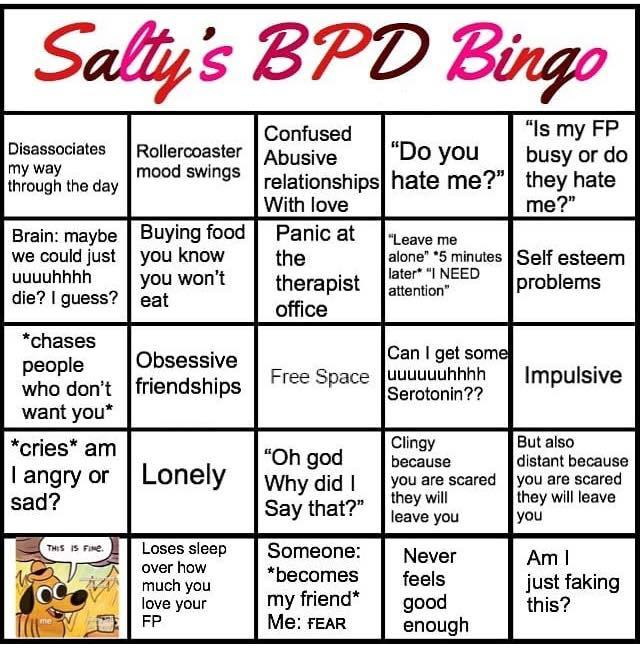 What do I consider my property (and therefore will I protect)?
What do I consider my property (and therefore will I protect)?
2. What am I responsible for (and will try to control)?
Boundary checking
How does this manifest itself in specific behavior? There are people for whom property boundaries can be very arbitrary. Such a person does not consider anything his own, inviolable, he "does not become attached to things." He cannot close himself in his room because he considers it impolite. Such people cannot refuse help or money, even realizing that this money will not come back. Their borders are always open for imports, it is important for them that people see them as kind, generous and open. It's a way to build relationships. Sometimes they even think that having nothing of their own is safer. nine0003
The opposite type is people whose boundaries are too wide.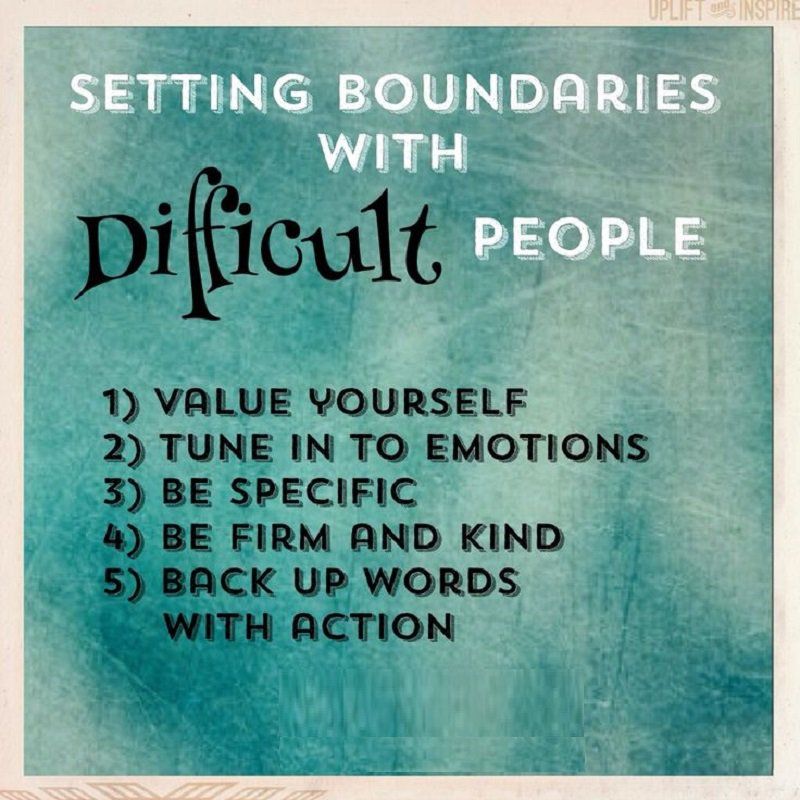 They consider everything their property - wife, children, employees, office or apartment space, other people's things and time. They do not see other people's boundaries and do not consider it necessary to observe them. Wherever such a person is, there is always “too much” of him, he captures the space around him. And if he was not given something in a good way, he can take it away "in a bad way."
They consider everything their property - wife, children, employees, office or apartment space, other people's things and time. They do not see other people's boundaries and do not consider it necessary to observe them. Wherever such a person is, there is always “too much” of him, he captures the space around him. And if he was not given something in a good way, he can take it away "in a bad way."
Two "extreme" types also exist in relation to responsibility. There are people who take on too much, trying to control what is beyond their control. Such a wife thinks that her husband yelled at her because she did not have time to set the table on time or did not clean up well enough. People agree with every charge brought against them. The logic is this: if I tried better (guessed other people's desires and did everything right), then this would magically change those around me, make them happy and loving. People with such a strategy of thinking lack recognition and praise, they are ready to do everything to get this simple currency. nine0003
nine0003
The other extreme is characters who are not ready to take responsibility not only for others, but also for themselves. They do not see their contribution to the development of conflict situations, do not accept criticism and try to avoid any obligations. If you entrust them with a project, they will either require a partner or will come running every half hour with questions and clarifications so that the responsibility does not lie with them (or at least not with them alone). Men with a fear of responsibility are almost elusive for marital or paternal obligations. They consider them a violation of their boundaries, because the family will force them to change their usual way of life. nine0003
Border Guard Day
How to define your borders and protect them? Unfortunately, you cannot put up pegs and notify others that “this half a meter of land around me is my territory, do not enter without knocking. ” Although, in fact, this is exactly what young ladies with long puffy skirts did in the old days.
” Although, in fact, this is exactly what young ladies with long puffy skirts did in the old days.
In my trainings, I often do a simple exercise. I ask a person to designate a limit invisible to others, and I begin to slowly approach it - step by step. The task of the participant is to make it clear without words that I am already close to the point that I do not need to cross. The reaction is very different. Someone is very calm at first and only at the last moment begins to frown. Someone, on the contrary, from my first step “gets into a pose” and puts on “boxing gloves”. Very polite people let me close, with a bewildered smile on their face. And only then it turns out that I have long passed the intended border. There was also such an “intelligent” reaction: when a person understands that I am not going to stop and provoke him to more obvious actions, he himself takes a step back, leaving his integrity stable. But in order to stay at a safe distance from me, he has to give up his territory.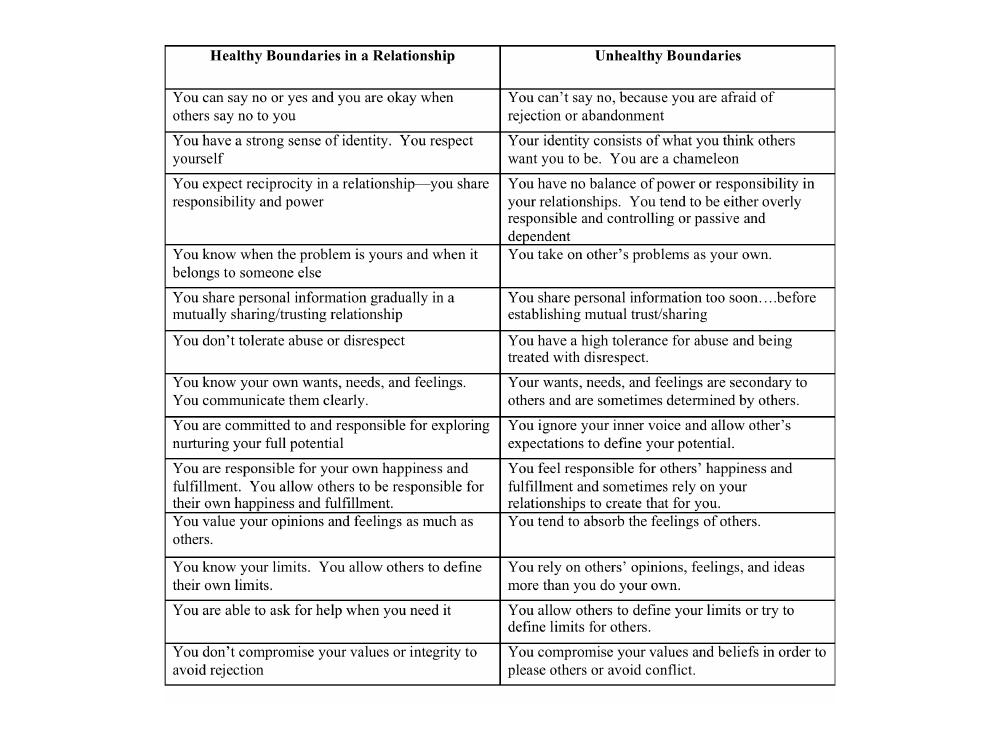 nine0003
nine0003
I don't know how you would react in this exercise. Think about it.
You can defend your borders in different ways in different situations. The ability to say "no" (without the subsequent sprinkling of ashes on the head!) Is an important personality skill. It is necessary for those who easily succumb to pressure, aggression and other "honest ways of taking money."
The ability to create and protect one's own boundaries, of course, is formed even by parents. But over the course of life (and with different people), boundaries can change many times. Teenagers, for example, protect them militantly, they need this life period in order to separate from their parents and learn to build their own lives on their own, to respect themselves. And couples in love sometimes completely dissolve in each other, and only then they begin to notice that it has become crowded. If you do not revise the rules of interaction in time, do not outline the circle of your interests, then the couple comes to a crisis or even breaks up. nine0003
If you do not revise the rules of interaction in time, do not outline the circle of your interests, then the couple comes to a crisis or even breaks up. nine0003
Like any other skill, the ability to see and respect one's own and others' boundaries may well be mastered at a later period of time.
How to defend your territory
How do you react to a yelling boss? Do you get nervous before public speaking? Are you able to refuse requests from loved ones if they are inconvenient for you? Do children have the right to disagree with you, to close in their room? How do you feel when your spouse (or best friend) said something “wrong”? Do you want to suggest, correct, give a cuff, shame, do you think that the actions of loved ones “dishonor your reputation”? nine0003
The skill of respecting other people's boundaries is, first of all, allowing other people to be different from you.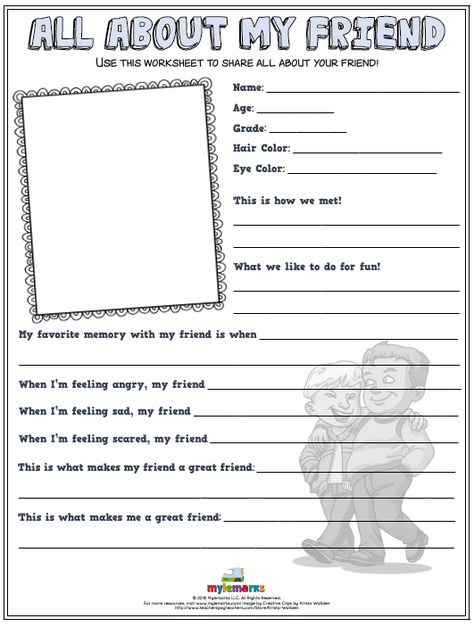 A good aphorism caught my eye recently: “Selfishness is not when you do what you want. This is when you are sure that others should do what YOU want. When you want to "do good" to someone - that is, to help, give advice, stand up for someone, correct the situation - pause and look around. Does this violate someone's interests, does it plunge your counterpart into a position of helplessness and dependence? Have you been asked for this help? Does the person really need this kind of help? nine0003
A good aphorism caught my eye recently: “Selfishness is not when you do what you want. This is when you are sure that others should do what YOU want. When you want to "do good" to someone - that is, to help, give advice, stand up for someone, correct the situation - pause and look around. Does this violate someone's interests, does it plunge your counterpart into a position of helplessness and dependence? Have you been asked for this help? Does the person really need this kind of help? nine0003
The main feature of "healthy" boundaries is their flexibility.
If you know how to move away from situations that are dangerous or unpleasant for you (if not physically, then at least emotionally!),
If you can, depending on the situation, open up for the "import" and "export" of resources, adequately use the words “yes” and “no”,
if you find it comfortable and safe to get close to the people you choose,
if you are able to consider both your own interests and the interests of others,
then your relationships with people become much more simple, honest and pleasant.
Set Healthy Boundaries: 10 Steps
120,908
Man among men Practices how to
What does it look like? For example, you are talking on Skype with a friend at midnight, because it is more convenient for her. Or give a ride to a colleague who, as soon as he sits down, habitually lights up in your car.
You and your husband are going on vacation to a place where it rains and where pike is great. You don't even realize that your boundaries are being crossed even when they are taunting you or joking about your size. nine0003
Some of us are reluctant to set clear boundaries because we believe that doing so can offend those around us.
Others set them up in such a way as to stake out part of someone else's territory.
But remember that there is that part of your "I" that needs to be protected from any encroachment, something that belongs only to you. Your emotional health, what you believe in, what you won't let outsiders touch.
What are these boundaries and why are they necessary? Most simply they are defined by the words "my business" - "your business". By setting boundaries, we first of all decide for ourselves what behavior towards us will be reasonable and safe for us, will not destroy us as a person. nine0003
They are not designed to get someone to do something. We set them for ourselves, and in this way we show that we are responsible for our own destiny, for what is permissible and what is unacceptable to do in relation to us. But for this you need to know exactly who we are and what our true "I" is.
We understand where we end and another begins. We are responsible for ourselves and only ourselves. This is where every healthy person starts.
It is almost impossible to manipulate a person who is clearly aware of his personal boundaries and clearly marked them for others. nine0003
Determine if these boundaries are violated:
Physical boundaries
The very first, basic boundary for us is our skin.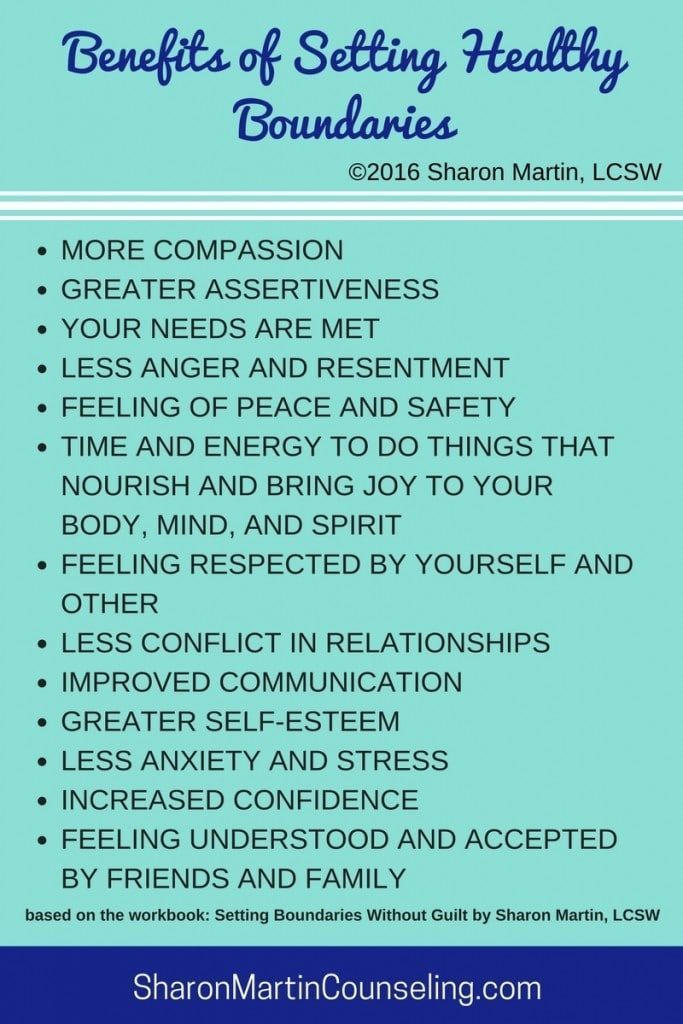 Important concepts that define your physical boundaries are physical space and personal space. Ask yourself the following questions to see if your boundaries are being violated by others.
Important concepts that define your physical boundaries are physical space and personal space. Ask yourself the following questions to see if your boundaries are being violated by others.
Who is allowed and who is not allowed to touch you and how? What do you consider only your personal space that needs to be protected?
Do you have a place in your house where you can be alone?
Sexual Limits
Find your personal level when sexual activities and touching are comfortable for you. Only you determine what is acceptable and what is not, where, when and with whom. Stick to these boundaries and don't be silent when they are violated.
Material boundaries
What actions do you consider permissible and what - impermissible in relation to your property?
What can you give as a gift? Borrow? nine0003
How much money do you allow yourself to borrow? Do you allow strangers to use your car, clothes, apartment? It is only you who determines this, and for different people these boundaries can be very different.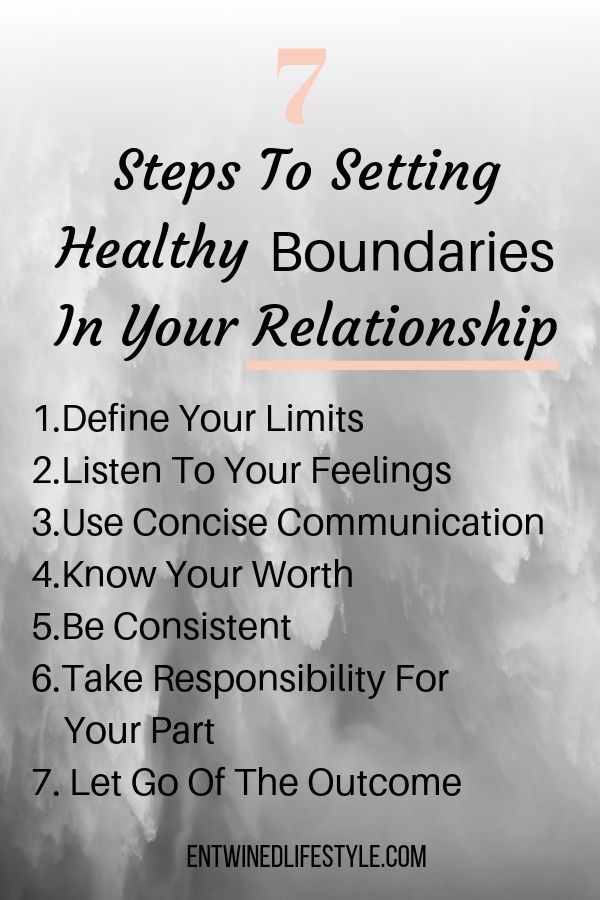
Who enters your house? Who wouldn't you like to see?
The same goes for your children's friends: which rooms in your house are not open to guests?
Do guests take off their shoes? Do they eat and smoke in your car? All these are things that should be determined only by you as the owner of the house. nine0003
Emotional boundaries
You are responsible for your feelings, but others are also responsible for their feelings. Don't let anyone take it out on you or make comments about your weight, appearance, or age. And don't do it yourself. Healthy emotional boundaries keep you from blaming or taking someone else's accusations personally. And also feel guilty for someone's decisions or problems and give unsolicited advice.
A border no one knows about is not a border
If you make excuses and argue or defend yourself, this is also an indicator of weak emotional boundaries. “I’m sad, I’m angry, I’m scared…” Are you able to respond to these feelings of yours immediately and calmly accept them? If you ignore them when they first appear, if you think you shouldn't have these feelings at all, your body will turn up the volume until you hear them.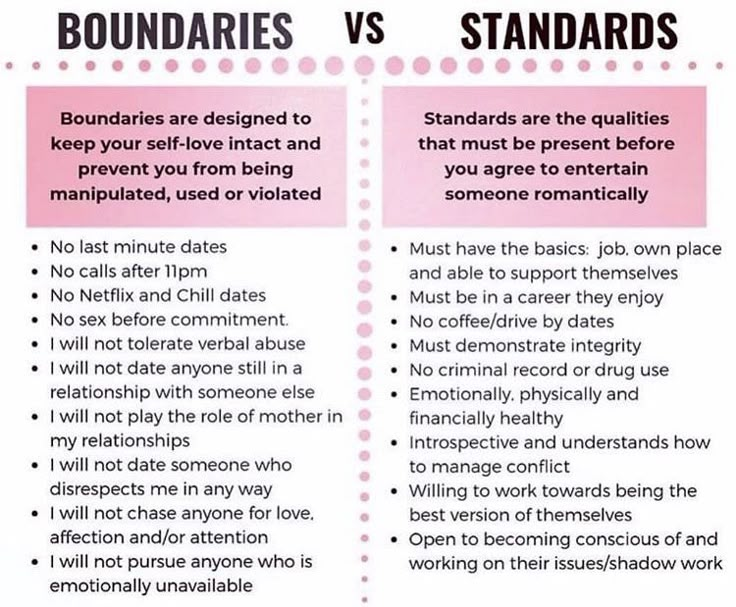
Spiritual boundaries
What is important to you in life? What do you believe? As in all the previous ones, these boundaries must be felt and realized when they are crossed. nine0003
Intellectual boundaries
Your values, opinions, thoughts. They are only yours. And each individual decides what he wants to share with others, and what to leave unsaid. What do you believe? Can you listen with an open heart to those who express a different opinion, and at the same time without prejudice, without compromising your core beliefs?
There are two more things that belong only to you. These are your words and your time.
Remember: “no” is the most basic boundary and a complete, extended sentence. nine0003
Healthy boundaries are not:
- set for us by someone else;
- hurt us;
- are rigid and immovable;
- invade our personality.
10 laws of healthy boundaries
1. All actions have consequences.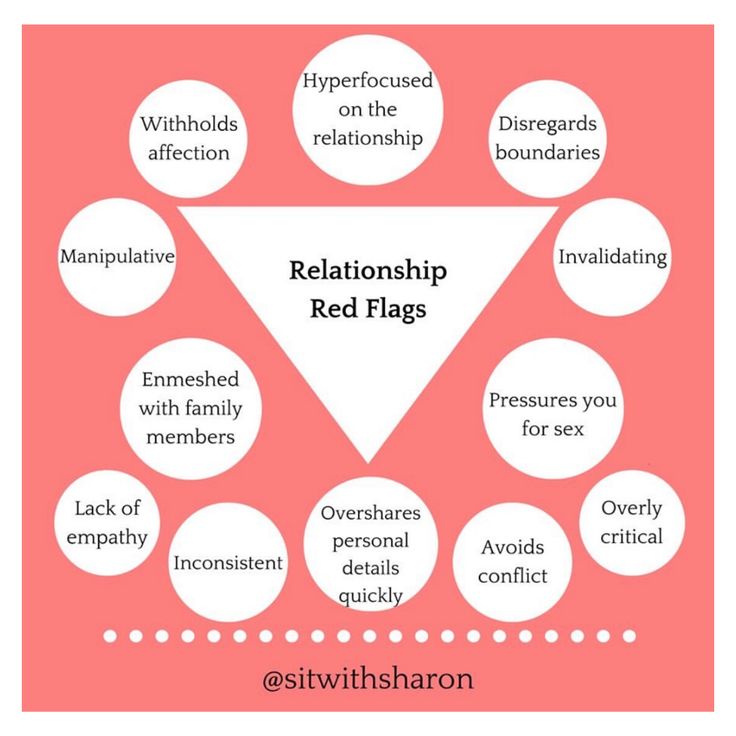 If someone in your life showed violence, cruelty, selfishness towards you, did you set boundaries? Or does it all happen over and over again with no consequences for them? nine0003
If someone in your life showed violence, cruelty, selfishness towards you, did you set boundaries? Or does it all happen over and over again with no consequences for them? nine0003
2. The law of responsibility. We answer to each other, but not to each other. This means not encouraging or provoking anyone's infantile behavior.
3. Power has limits. We have power over some things, but we do not have the power to change other people. We only have the power to change our own lives.
4. The law of respect. If we want others to respect our boundaries, we must respect theirs too. nine0003
5. Freedom of choice. We should be free to say "no" or say "yes" with a pure heart. You can’t love a person just because you feel sorry for him and he leaves you no other choice.
6. We need to evaluate the pain of setting our boundaries for others . Do our boundaries cause pain that will then lead to healing and growth? Or the pain that only hurts them?
7.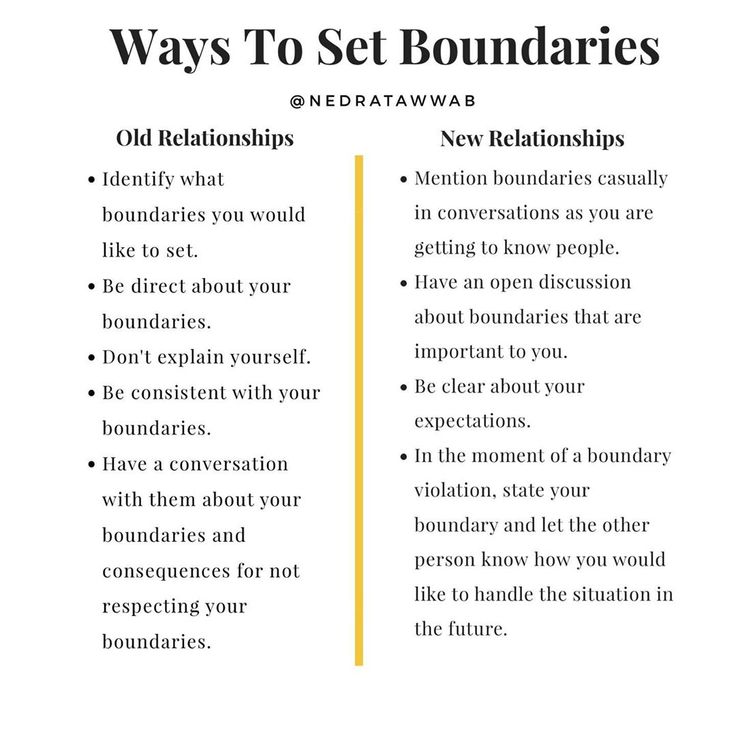 Law of proactivity. We take active steps to solve problems based on our values and desires. Proactive people defend their freedom and express disagreement, but without raising an emotional storm. nine0003
Law of proactivity. We take active steps to solve problems based on our values and desires. Proactive people defend their freedom and express disagreement, but without raising an emotional storm. nine0003
8. The law of envy. We will never get what we want if we set our limits based on what others have. An envious person simply does not see his boundaries based on the choices that he has.
9. Law of activity . Don't wait for others to make the first move.
10. You need to communicate your boundaries. A border that no one knows about is not a border. We must make it very clear to the other what we want and what we do not want, what we will tolerate and what we will not. We must also make it clear that every violation of boundaries has consequences. nine0003
Text: Maria Malygina Photo source: Getty Images
New on the site
“My mother and I were one, but three weeks ago she died. How to survive it?
“My son found my intimate correspondence and punishes me by ignoring it”
How to enhance the pleasure of sex with penetration?
Alexander Tsypkin: “Appreciate your vices”
“How can I confess to my parents that I have changed my name? That’s my sister’s name too.